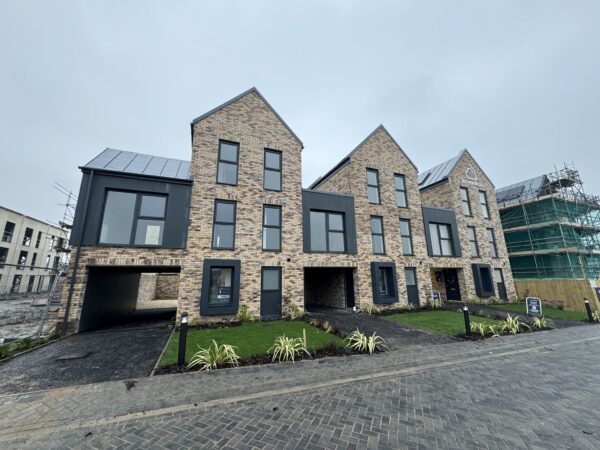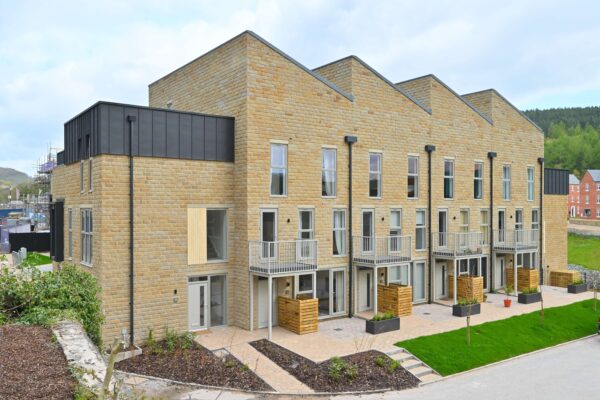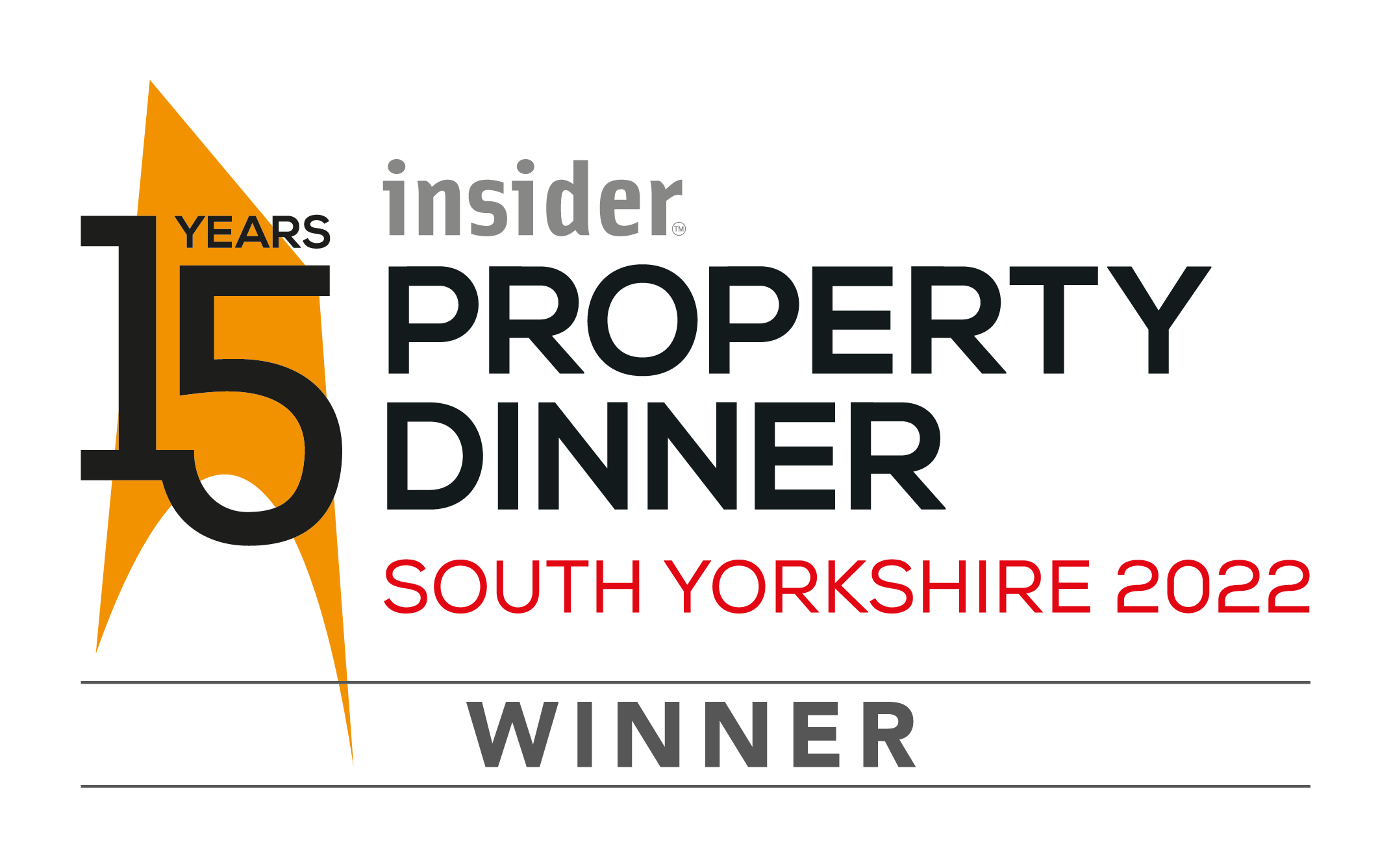What is Stamp Duty?
Stay ahead of the curve
Remaining sharp with your finances during the home-buying process provides insightful and valuable knowledge throughout, ensuring you’re ready for all situations that may arise. When purchasing a property, there are several payments required in addition to the property value. This includes solicitor expenses, mortgage fees, property survey and the second biggest cost after the deposit, the stamp duty land tax. In this guide, we discuss stamp duty and the legalities surrounding it, who is required to pay, and what are the exceptions.
Understand the costs of buying

What is stamp duty?
Stamp duty land tax (SDLT) is a mandated government tax that is payable upon property or land purchased in England and Northern Ireland. As of April 1st, 2025, stamp duty is paid on properties valued at over £125,000, with tax relief available for first-time buyers. The tax is applicable under these circumstances:
- Buying a freehold property
- Buying a leasehold property
- Buying a property through shared ownership
- Purchasing property shares
- Buying land

Standard stamp duty rates
In 2025, the stamp duty threshold has changed, impacting many buyers. For current homeowners or non-first-time buyers, the standard SDLT rates are as follows:
| Property value | Rate (%) |
| Up to £125,000 | 0% |
| £125,001 to £250,000 | 2% |
| £250,001 to £925,000 | 5% |
| £925,001 to £1.5 million | 10% |
| Over £1.5 million | 12% |
Example Calculation
For a property valued at £275,000, the SDLT is calculated as follows:
• 0% on the first £125,000 = £0
• 2% on the next £125,000 = £2,500
• 5% on the remaining £25,000 = £1,250
• Total SDLT = £3,750

First-time buyer stamp duty relief
If you’re a first-time buyer, stamp duty land tax relief is applicable on residential properties up to a certain amount.
| Property value | Rate (%) |
| Up to £300,000 | 0% |
| £300,001 to £500,000 | 5% |

Purchasing a second property
For homeowners who are looking to purchase a second property in addition to another residence will be subjected to pay SDLT that falls under a higher tax band.
| Property value | Rate (%) |
| Up to £125,000 | 5% |
| £125,001 to £250,000 | 7% |
| £250,000 to £925,000 | 10% |
| £925,001 to £1.5 million | 15% |
| Over £1.5 million | 17% |

Who qualifies as a first-time buyer?
To qualify for stamp duty relief, a first-time buyer must be classified under several key points.
- Must not have purchased a property previously in the UK or abroad
- Have never been gifted or inherited a property
- The property to be purchased must be your main residence
- Both individuals must be first-time buyers when buying with someone else

Stamp duty for non-UK residents
If an individual is not recognised as a UK resident or has not been present in the UK for at least 183 days within the last 12 months, there may be an additional 2% surcharge on certain residential properties.
Furthermore, the SDLT will also be applied if they are not deemed a first-time buyer regardless of residency status.

When to pay stamp duty and how?
In England and Northern Ireland, stamp duty must be paid within 14 days from the date of completion. If stamp duty remains unpaid, HMRC can charge penalties or add additional interest to the cost.
A stamp duty return must be submitted irrespective of your buyer status, which can be completed and paid by the solicitors on your behalf. It can also be arranged by yourself by paying directly online, or at a bank. In some situations, the stamp duty can be applied to the mortgage, however, this will garner interest and can result in thousands worth of repayments accumulating over time.
It’s also important to note that the buyer is liable to meet the 14-day deadline, regardless of who completes the stamp duty return. Due to this, it’s important to appoint a solicitor that is reliable and to always check that they have covered all legal work soon after completion.

Exemptions from stamp duty
There are certain situations in which the stamp duty is not liable to be paid in addition to the first-time buyer status, the most common scenarios include:
- If no transaction of monetary value is exchanged for land or property
- If a property is left to an individual in inheritance
- Transferring ownership of property due to separation or divorce
- Purchasing a freehold property worth less than £40,000
There are several other circumstances in which tax relief is applicable, with guided documents provided by the gov.uk website. To note, many of the exemptions available do not apply to standard buyers looking to purchase a main residence property.

We are Sky-House Co.
Ready to move into your dream home?
We take joy in helping people move into their homes and we offer full support each step of the way, so you can transition into your new property as seamlessly as possible. With the assistance of our trusted sales advisors, and recommended solicitors who are knowledgeable on new build developments, we aim to deliver quality services that streamline the home-buying journey while considering all legal aspects for your convenience and peace of mind.
Our communities are designed to encourage positive growth between people, the land, and local opportunities. For further guidance on our Sky-House homes and the legal processes, contact a member of our friendly team today.
Start Your Next Chapter













